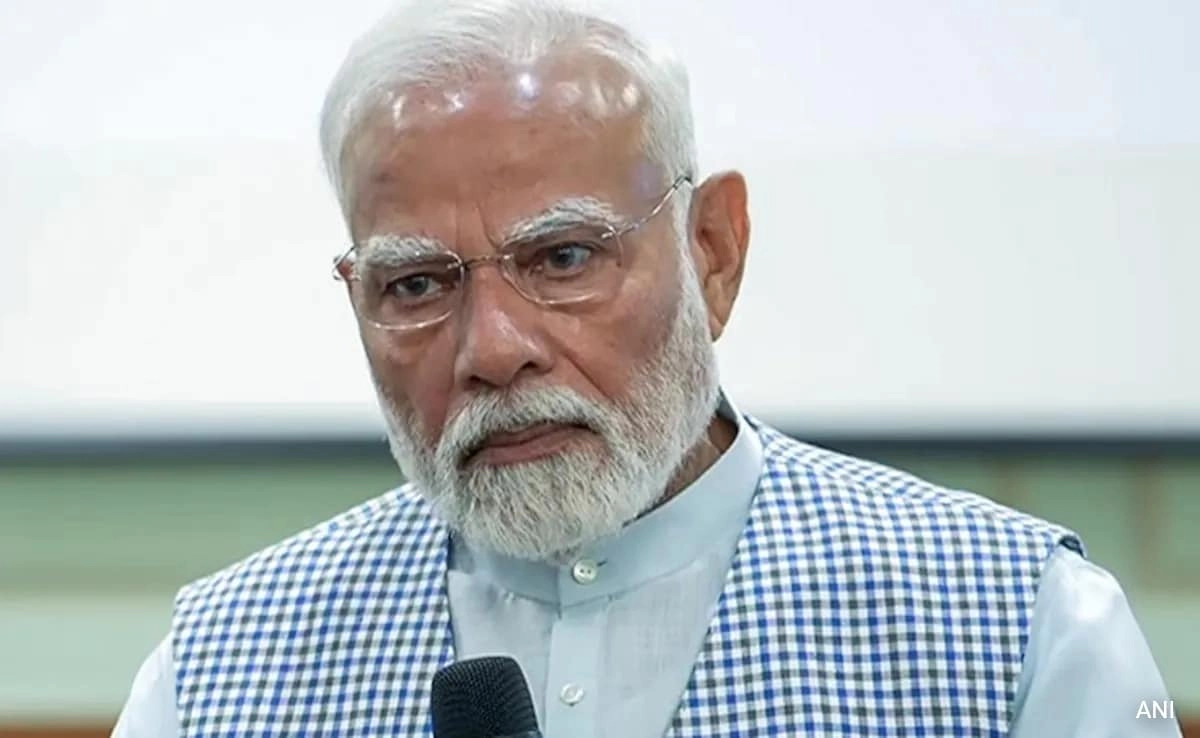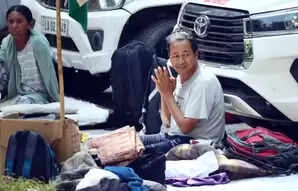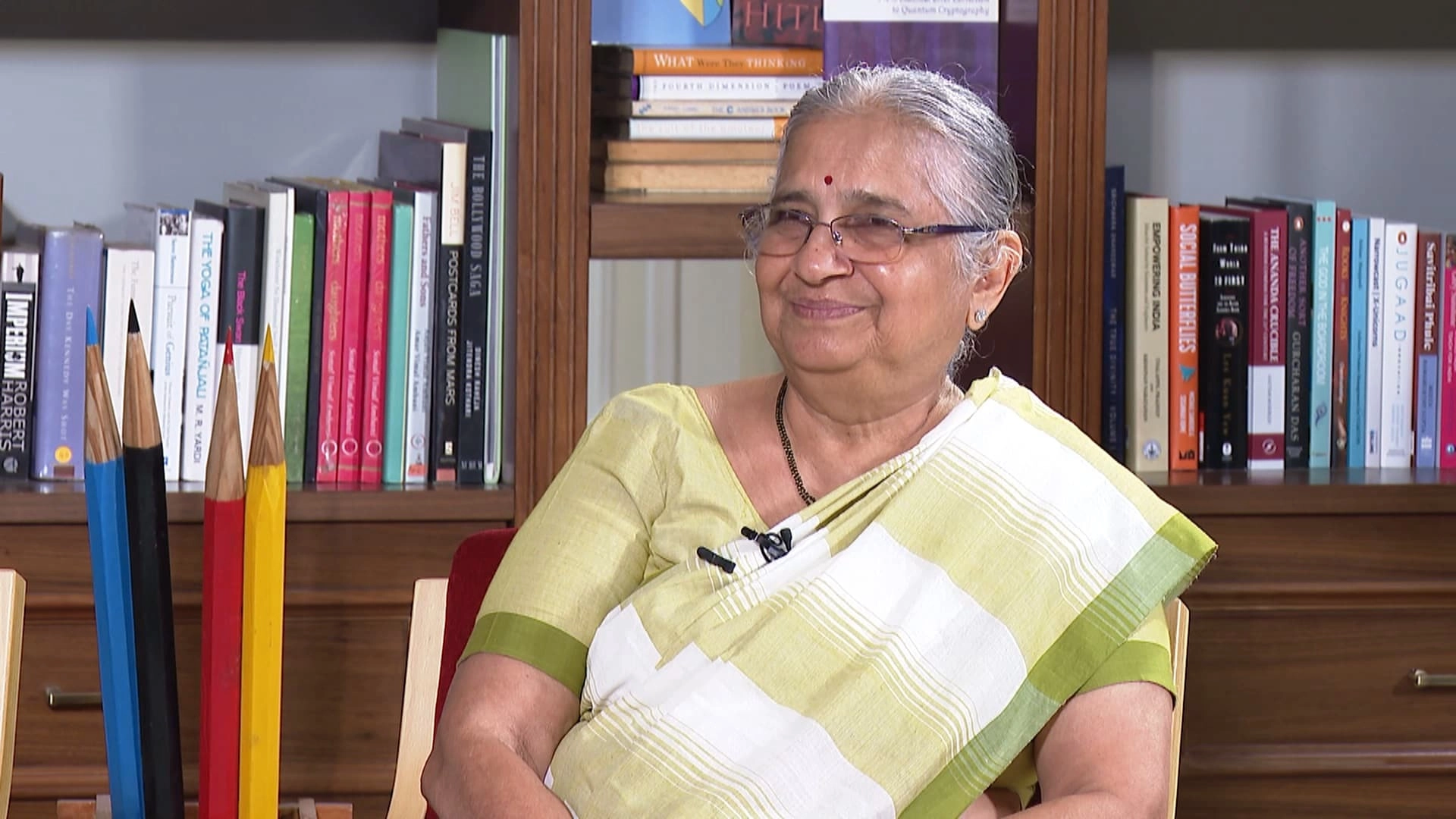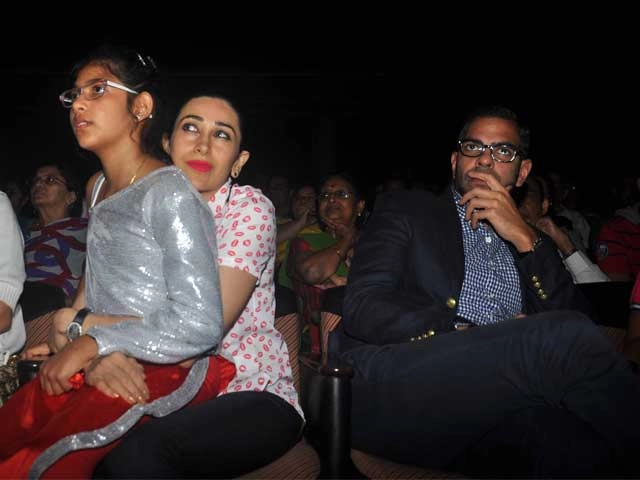A post from Indian Prime Minister Narendra Modi dating back to 2011 has resurfaced and gone viral following the recent extradition of Tahawwur Rana, a Pakistani-origin Canadian businessman. Rana was arrested in connection with the 2008 Mumbai attacks, which claimed the lives of over 160 people, including many foreign nationals. His extradition has reignited discussions about the long-standing issues surrounding terrorism and cross-border relations between India and Pakistan. In the 2011 post, Modi had expressed his concerns regarding terrorism and emphasized the importance of global cooperation in combating this menace, underscoring the need for accountability for those who aid and abet such activities.
The resurgence of Modi’s 2011 remarks serves as a reminder of the ongoing struggle against terrorism that India has faced for decades. The Mumbai attacks, orchestrated by the Pakistan-based terrorist organization Lashkar-e-Taiba, remain etched in the collective memory of the nation. With the extradition of Rana, who allegedly provided logistical support to the attackers, there is a renewed sense of hope among the victims’ families and the Indian populace for justice. Modi’s earlier statements reflect a consistent stance against terrorism and a call for international solidarity in addressing the root causes and financing of such acts.
Social media platforms have played a significant role in amplifying the 2011 post, with many users drawing parallels between Modi’s past remarks and the current geopolitical landscape. The dialogue around Rana’s extradition has sparked a broader conversation about the efficacy of international law enforcement collaborations, particularly in matters of terrorism. The Indian government has long advocated for a robust global framework to ensure that individuals who threaten peace and security are brought to justice, regardless of where they may reside. The timing of the viral post has highlighted the persistent challenges India faces in its fight against terrorism, as well as the complexities involved in diplomatic relations with neighboring countries.
As the situation unfolds, it remains crucial for India and other nations to work together in combating terrorism. The extradition of individuals like Tahawwur Rana is a step toward seeking justice for the victims of heinous attacks and holding perpetrators accountable. Modi’s 2011 post has not only revived memories of past tragedies but has also reinforced the need for a united front against terrorism, emphasizing that the fight against this global threat requires collective action and unwavering commitment from the international community.




